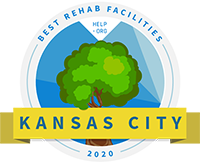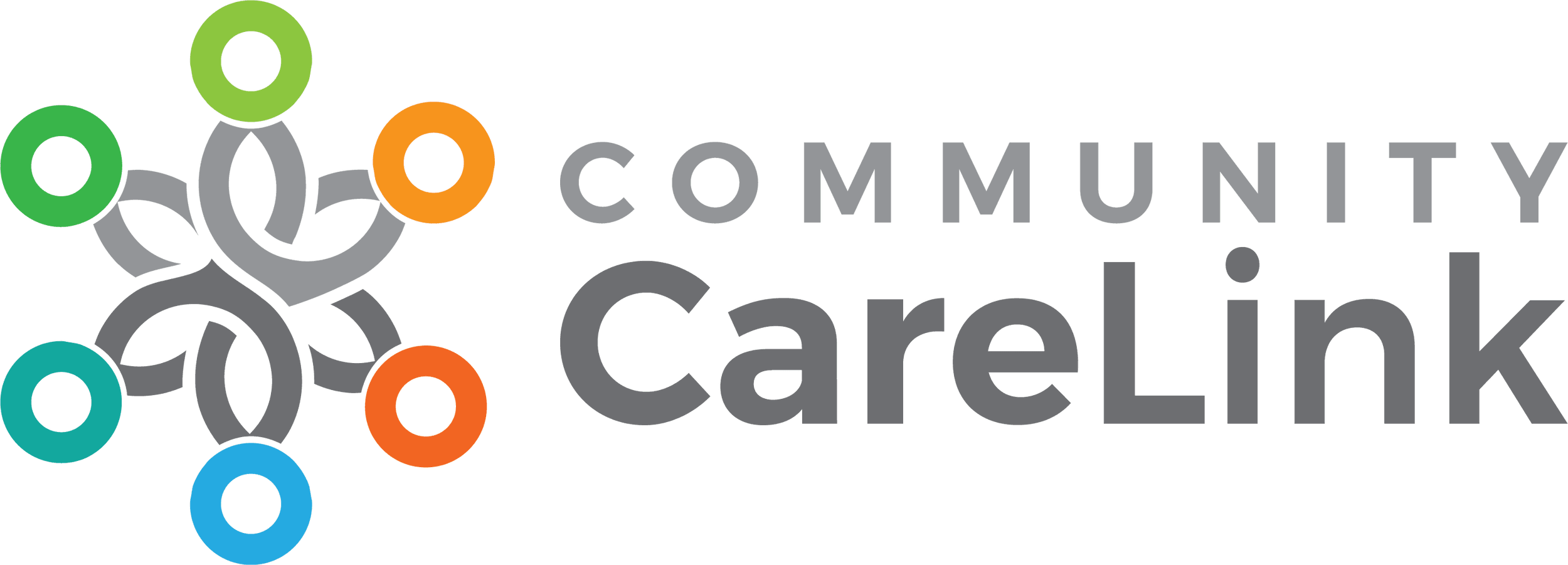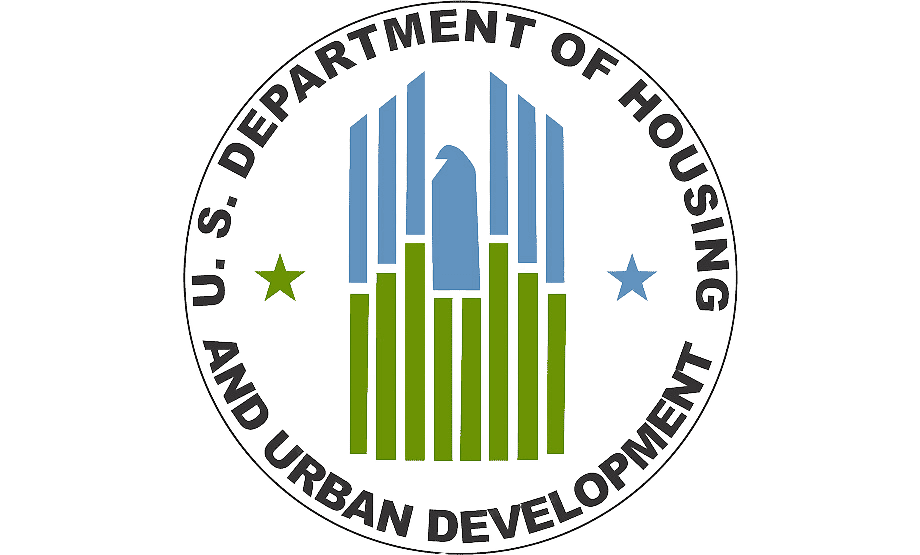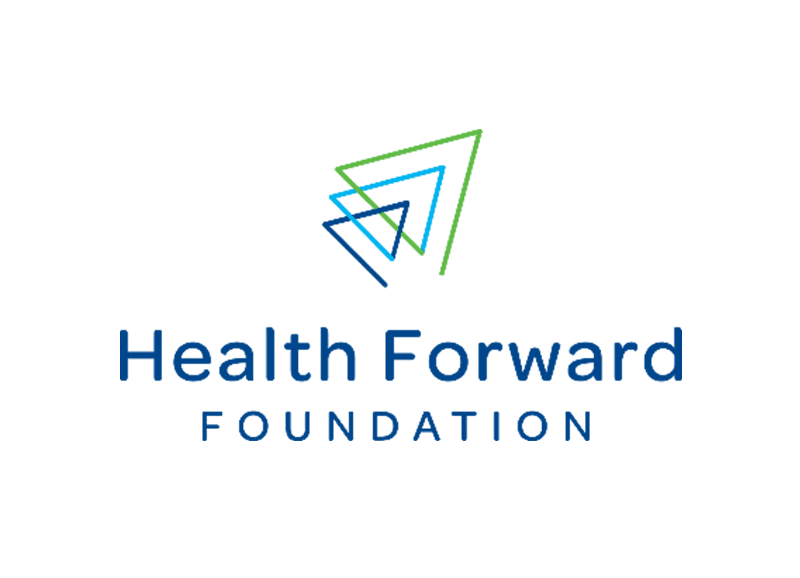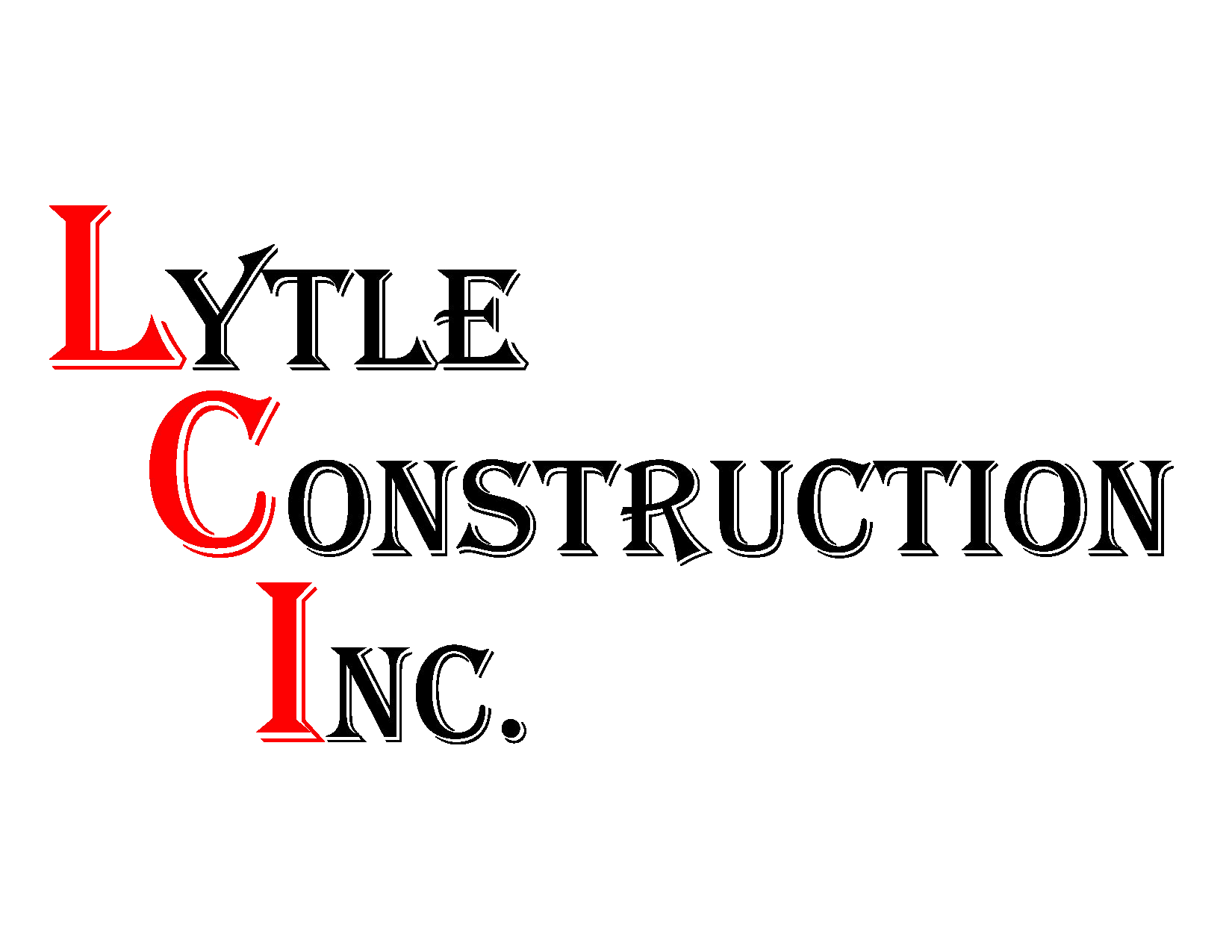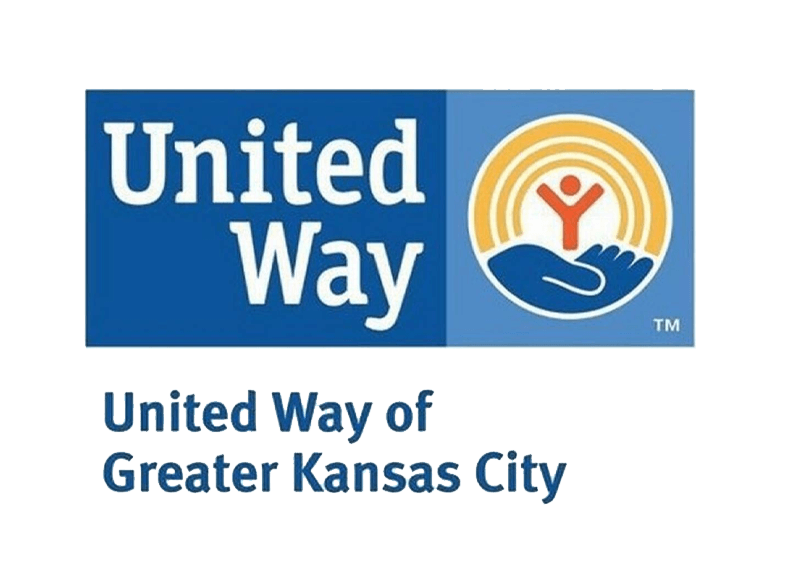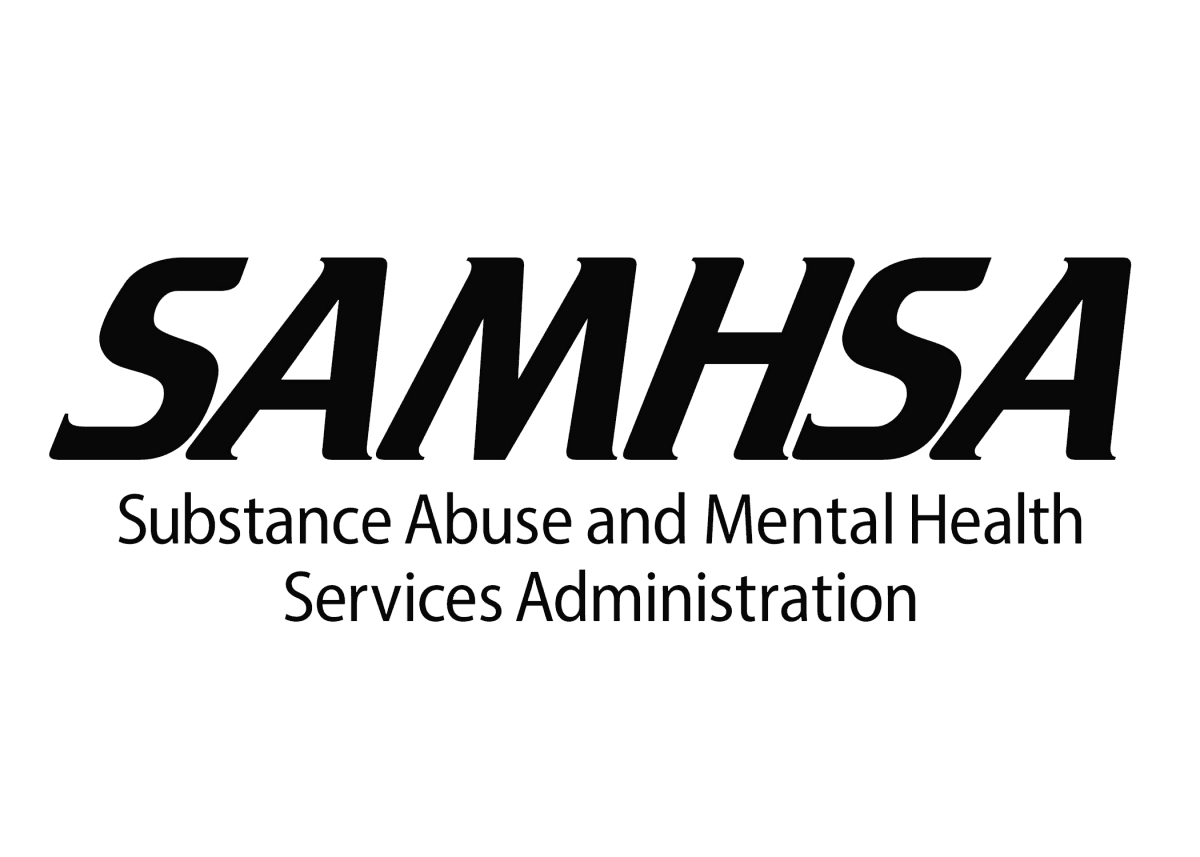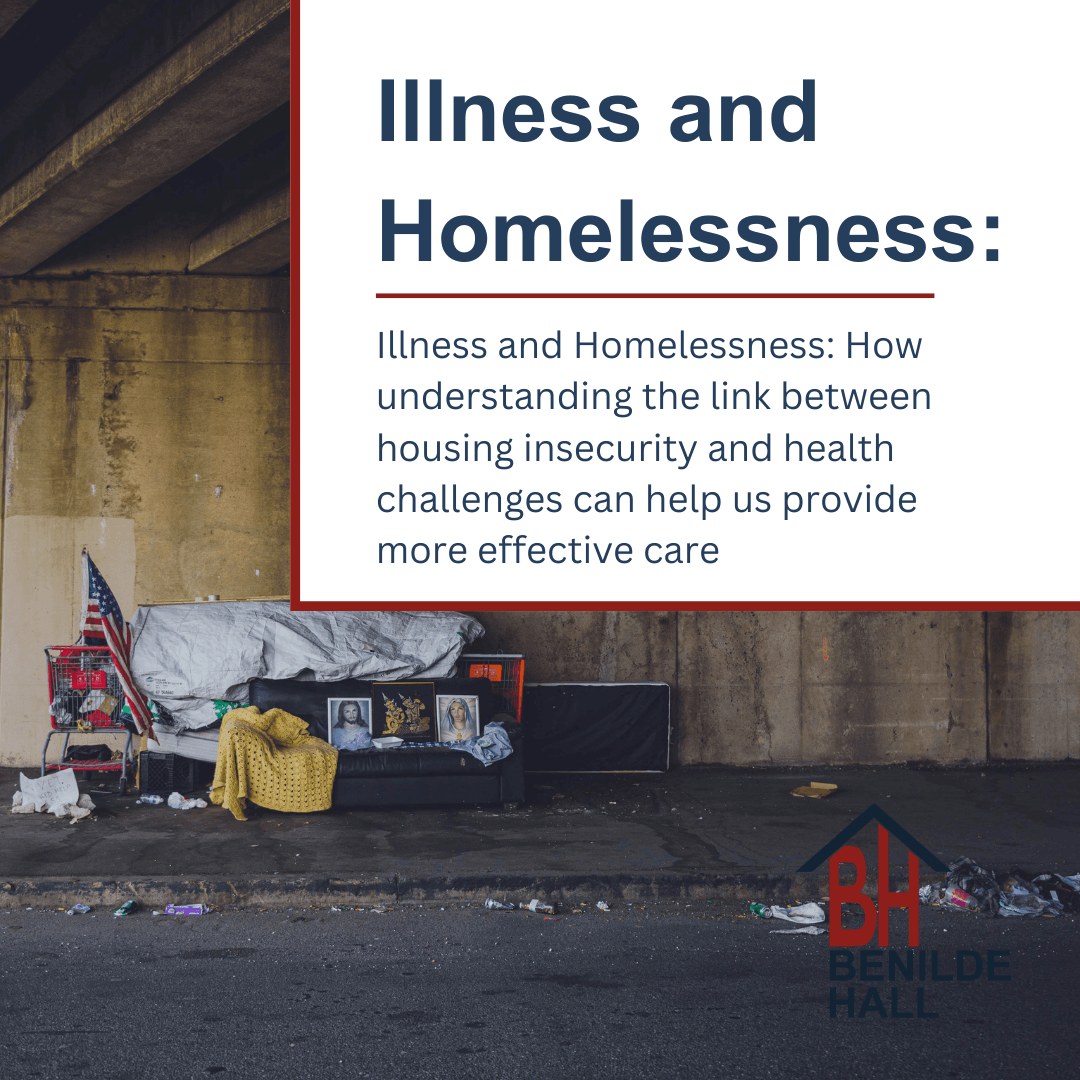
Identifying the Link
Homelessness is a complex social issue that goes beyond the lack of shelter. It encompasses a range of interconnected challenges, from financial instability to the absence of basic services, and the health problems that result from exposure to the elements and facing challenging circumstances. In recent years, research has increasingly highlighted the link between housing insecurity and both mental and physical health problems. It is clear that the intersection of homelessness and health is not just a matter of having access to medical care, but ensuring that care is trauma-informed, comprehensive, and personalized. Individuals who experience homelessness often face greater health risks than the general population, both physically and mentally. Let's break down the link to better understand how we can structure supportive care to decrease recidivism and foster a better quality of life for the unhoused population.
The Mental Health Struggles of Homelessness
One of the most troubling aspects of homelessness is its impact on mental health. An estimated 67% of individuals experiencing homelessness suffer from some form of mental illnesses. These conditions often include depression, anxiety, and post-traumatic stress disorder (PTSD), which can be exacerbated by the daily struggles of living without stable housing. Many individuals in this situation also grapple with suicidal thoughts, as the stress of survival and feelings of isolation can become overwhelming. (1)
A large percentage of homeless individuals have experienced traumatic brain injuries (TBIs), with more than half of those who are homeless or marginally housed reporting this condition. TBIs, often the result of physical assaults or falls, can significantly impair cognitive function and exacerbate mental health issues, creating a vicious cycle. Research has shown that the experience of homelessness itself can lead to or worsen mental health challenges. The constant exposure to harsh weather conditions, limited access to healthcare, and the stigma of being homeless compound the emotional toll of the experience. (2)
Qualitative studies further illustrate this emotional burden. Interviews with individuals who are homeless reveal the profound effect of constant exposure to societal scorn, harassment from both passers-by and law enforcement, and the emotional strain of navigating life without a stable living situation. The daily grind of survival, compounded by the loss of dignity and respect, has a lasting emotional impact that often leads to feelings of hopelessness and despair. (2)
Physical Health Consequences of Homelessness
In addition to the mental health challenges, homelessness also puts individuals at higher risk for a range of physical health problems. Many of these health issues are exacerbated by the lack of access to proper medical care, hygiene, and nutrition. Diseases of the extremities, skin disorders, and infections are common. Individuals living on the streets or in shelters are often exposed to harsh environmental conditions, such as extreme cold or heat, which can lead to conditions like frostbite, trench foot, and heatstroke. (3)
Physical trauma is another significant concern. The risk of physical assault is higher among those who are homeless, and injuries resulting from such assaults can often go untreated due to the lack of access to healthcare. This further complicates the physical health challenges faced by this population, as untreated, otherwise minor, health concerns can result in more severe conditions, including infections and permanent disability. (3)
Chronic health conditions, such as diabetes, become much harder to manage without stable housing. While managing diabetes may be relatively straightforward for those with a home, it becomes incredibly difficult for homeless individuals. In many cases, insulin needs to be refrigerated, which is not possible on the streets, and syringes may be stolen, unsanitary, or confiscated. Moreover, access to a proper diet is often unavailable, as homeless individuals must rely on outreach efforts that often provide irregular and nutritionally inadequate meals. This lack of control over diet and medication can turn a manageable condition like diabetes into a life-threatening issue. (3)
Barriers to Accessing Care
Homeless individuals face significant barriers in accessing housing and healthcare. One of the major obstacles is obtaining required identification documents, which are often lost or inaccessible when someone is living without stable housing. This can make it difficult to apply for jobs, access social services, or receive medical care. (2)
Qualitative research with homeless individuals reveals that even when housing and healthcare services are available, the process of accessing them can be riddled with obstacles. Long waiting periods and the constant need to navigate bureaucratic red tape can make the journey toward securing housing and healthcare feel insurmountable. These barriers can prolong the suffering of those experiencing homelessness, further deepening their mental and physical health challenges. (2)
What Can We Do?
At Benilde Hall, holistic care is a priority. We provide stable, safe, and sanitary housing that brings individuals into a transitional space that offers community, comfort, and accessibility. Our Grant Per Diem wing, added in April of 2024, provides 8 individual rooms with individual bathrooms for Veterans experiencing acute PTSD or other challenges that may make shared living more difficult. Residents are assigned chores, helping to maintain facility cleanliness, teach responsibility, and foster feelings of pride and ownership.
Benilde Hall also offers a variety of on-site supportive services, meaning that residents can receive substance use counseling, mental health therapy, and attend life-skills groups all in one place. Our talented and compassionate staff provides personalized services to each individual, making it a priority to understand their unique barriers and goals, and guide them through the processes to building their desired future. Case managers help clients obtain needed documents, learn health literacy, locate permanent housing, connect with employment and education opportunities, navigate disability or VA benefit applications, and so much more. Benilde Hall also offers a compensated work therapy program, Benilde Hall services, which helps residents build work experience and prepare them for the next steps in their journey to reaching financial independence.
Benilde Hall’s Safe Haven program, one of only 24 models in the country, offers a low barrier of entry to Veterans who are still actively using substances. This program focuses on harm reduction and securing permanent housing, prioritizing the health and safety of clients by alleviating the burdens of living on the street.
The link between homelessness and health problems is undeniable. Those experiencing homelessness are at heightened risk for both physical and mental health issues, with the lack of stable housing compounding the difficulties of treatment and care. While the challenges are many, there is hope in recognizing that solutions are possible. Efforts to improve access to healthcare, provide accessible housing, and create trauma-informed, supportive social services can help mitigate the health disparities faced by the homeless population. Addressing the health needs of homeless individuals is not only a matter of providing medical care—it requires tackling all aspects of necessary care and understanding each individual’s own needs. Only through a comprehensive approach can we begin to alleviate the profound impact of homelessness on health.
Sources


